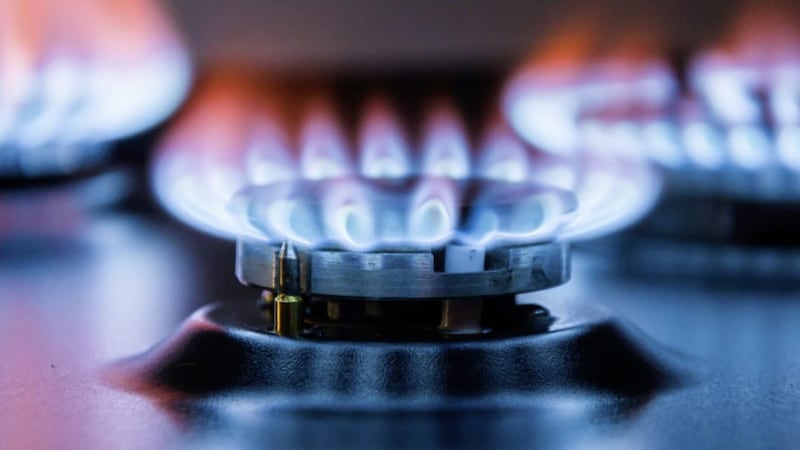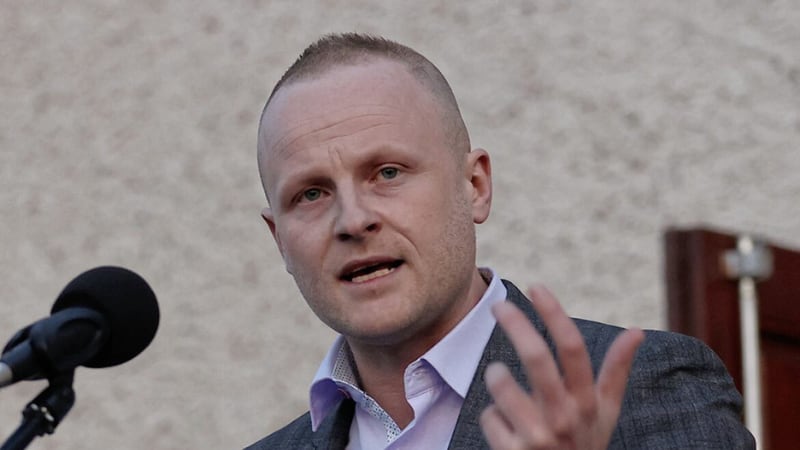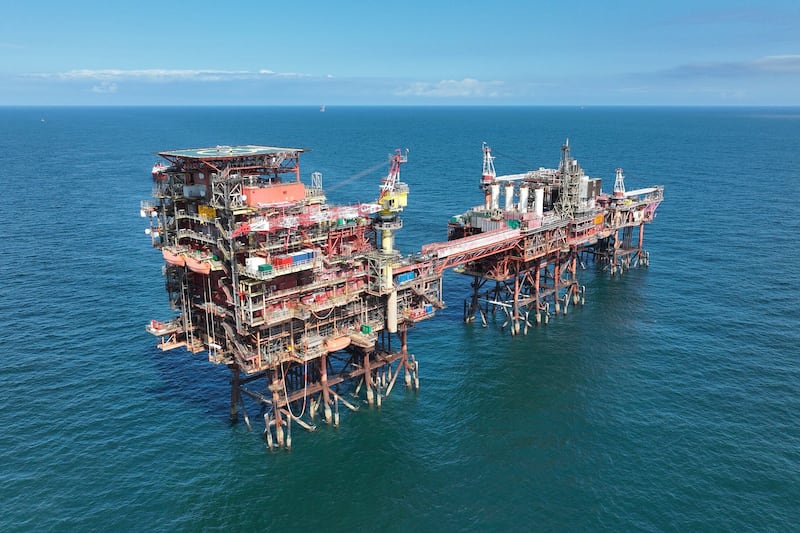IF you’re worried about the surging cost of heating and powering your home or business this winter, you’re not alone.
The entire world appears in the grip of an energy crisis, putting the squeeze on the wholesale price of natural gas.
For gas and electricity consumers in Northern Ireland this is crucial, because wholesale gas accounts for around 50 per cent of the tariffs we pay.
Wholesale gas has more than doubled since the end of August. At that stage, gas suppliers moved to increase bills by between 22 and 35 per cent.
The Utility Regulator is warning us that it’s inevitable that energy companies will pass the costs onto their customers, with December 1 the first opportunity they’ll have to do so.
It’s likely that gas users in the north will soon be paying something similar to their Bord Gáis counterparts across the border - who pay around £908 a year.
So why is it happening? Stored gas levels in Europe are lower due to a cold winter last year.
Europe’s main gas supplier Russia has also reduced its supply.
We would traditionally turn to the cheaper liquied natural gas (LNG) in such a scenario. But massive competition for LNG from South America and Asia, China in particular, has tightened the squeeze.
Crude oil also passed $85 a barrel yesterday for the first time since 2018, meaning home heating oil and road fuel will continue to rise further in the coming weeks.
With the market so volatile, it’s hard to predict the future with any certainty. But high energy costs are likely to be a feature of the next few years.
Against a backdrop of inflation, rising food prices, tax rises and the end of furlough and the universal credit uplift, we are facing an ever worsening cost of living crisis.
It means many households could opt to spend their £100 from Stormont on heating their home next month.









